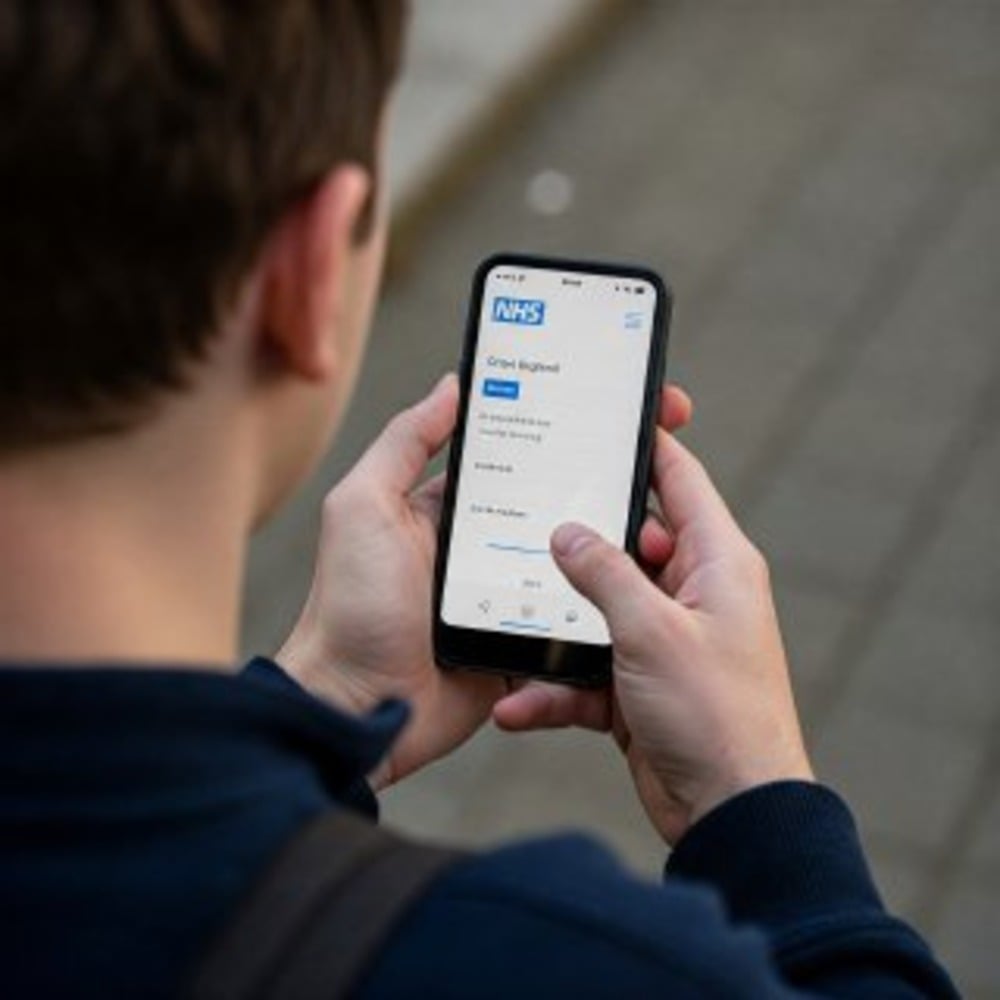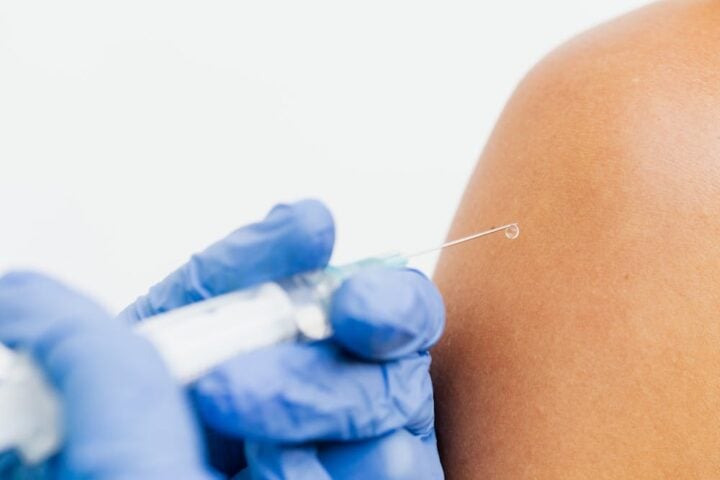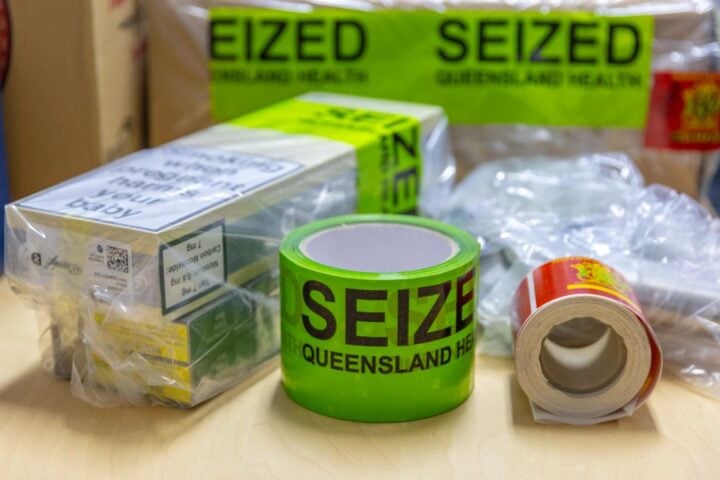Almost all GP practices in England now offer online registration, making it easier for millions of patients to sign up with a doctor without visiting a surgery in person.
New figures show 98.4% of GP practices across England have adopted online registration, allowing patients to register through the NHS App, the NHS website, or individual surgery websites.
Digital registration adoption has surged among GP practices in the past year, with the number more than doubling to over 6,150 practices. The online system, which launched in November 2022, has been used by more than 3.8 million patients, with nearly 1.7 million registering in the last six months alone. Patients can complete the entire process in just minutes.
Dr Amanda Doyle, National Director of Primary Care and Community Services at NHS England, praised the widespread adoption of online registration, noting that it has made it easier than ever for people to sign up with a GP or switch practices at times convenient for them.
The digital service checks if patients live within a practice’s catchment area and doesn’t require ID, an NHS number, or proof of address to register. People can still collect paper forms from their local surgery if they prefer.
Similar Posts:
For GP practices, the shift to online registration has significantly reduced administrative work. Other digital features are also making a difference – NHS data shows patients ordered around 4.6 million repeat prescriptions and accessed over 6 million test results directly through the app each month last year, freeing up an estimated 2.6 million practice hours.
Bex Cottey, Practice Business Manager at Conisbrough Group Practice near Doncaster, highlighted practical benefits, explaining that they find the system particularly useful for family registrations. She noted that families can complete the process in their own time instead of standing at the front desk for hours filling in everyone’s information.
The convenience extends to patients in challenging situations. Joey Tatman shared that registering his daughter online was remarkably easy. He explained that while his daughter was seriously ill and hospitalized in Leeds for months, the ability to register her with the Roxton Practice online relieved some pressure on the family. The process was completed in just a few clicks, allowing them to remain at her bedside throughout.

The online registration service is part of a broader NHS strategy to move from “analogue to digital healthcare” as mentioned by Ming Tang, Interim Chief Digital and Information Officer at NHS England. The NHS is working with the government on a 10-year Health Plan that aims to expand digital healthcare access.
For those needing care during holidays, the NHS continues to advise using local pharmacies, NHS111 online, the NHS App, and in emergencies, A&E or calling 999.
Frequently Asked Questions
You can register with a GP online through three main ways: the NHS App (available on smartphones), the NHS website (NHS.uk), or directly through your chosen GP surgery’s website. The process takes just a few minutes to complete, and you’ll be guided through a series of simple steps to provide your details.
No, you don’t need to provide ID, an NHS number, or proof of address when registering with a GP online. The system will check if you live within the practice’s catchment area based on the address you provide. This makes the process more accessible and straightforward for everyone.
Yes, you can register multiple family members through the online system. This is particularly useful for parents who need to register children or dependents. You can complete everyone’s registration in one session without having to visit the GP practice in person, saving considerable time and effort.
Paper forms are still available. You can still visit your local GP practice to collect and submit traditional paper registration forms if you prefer this method or don’t have reliable internet access. The NHS ensures that both digital and non-digital options remain available to accommodate everyone’s needs.
The online registration process typically takes just a few minutes to complete. You’ll need to provide basic personal information and answer some health-related questions. Once submitted, your registration will be processed by the GP practice, and they may contact you if any additional information is needed.
The NHS employs robust security measures to protect patient data in their online systems. However, like any digital service, there have been occasional issues. In March 2025, there were reports of IT problems affecting some cancer screening invitations due to incomplete registrations. The NHS has since addressed these issues and implemented measures to prevent similar problems in the future.
















